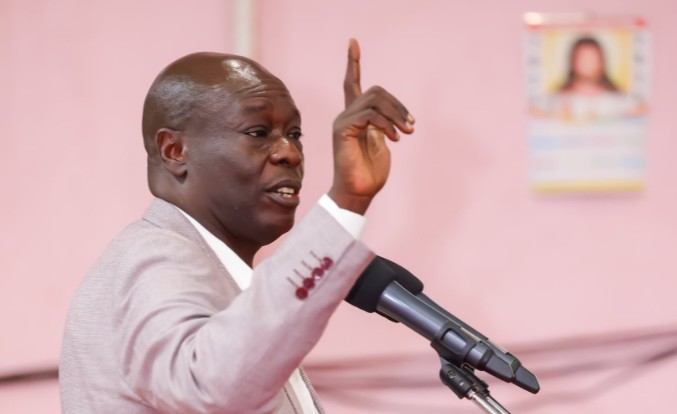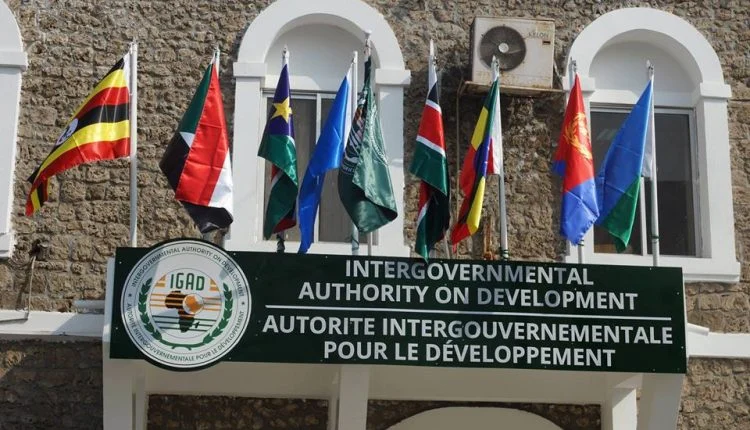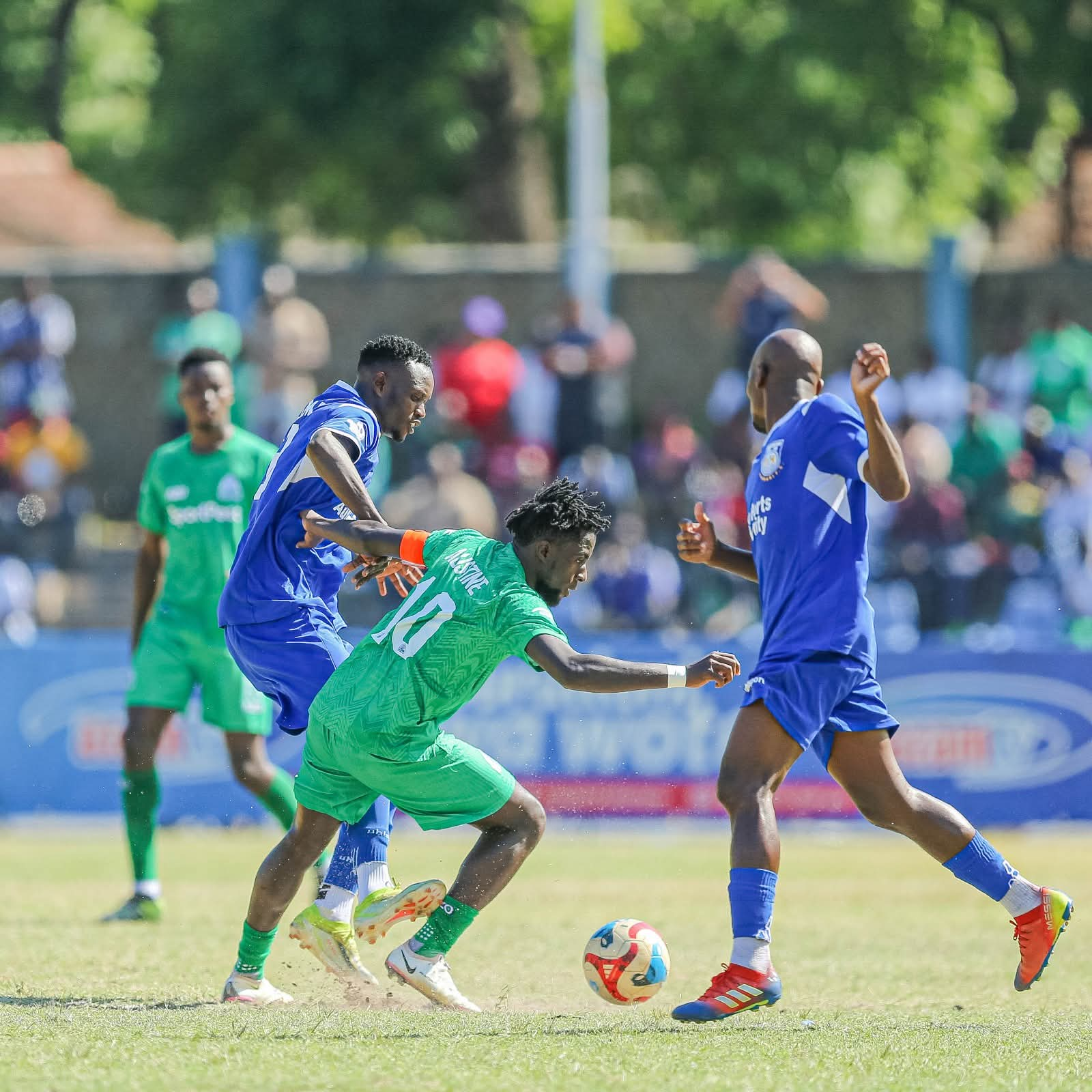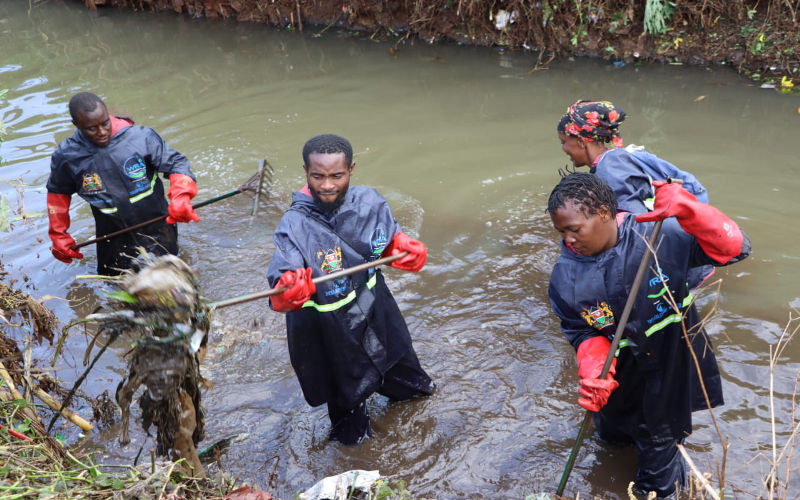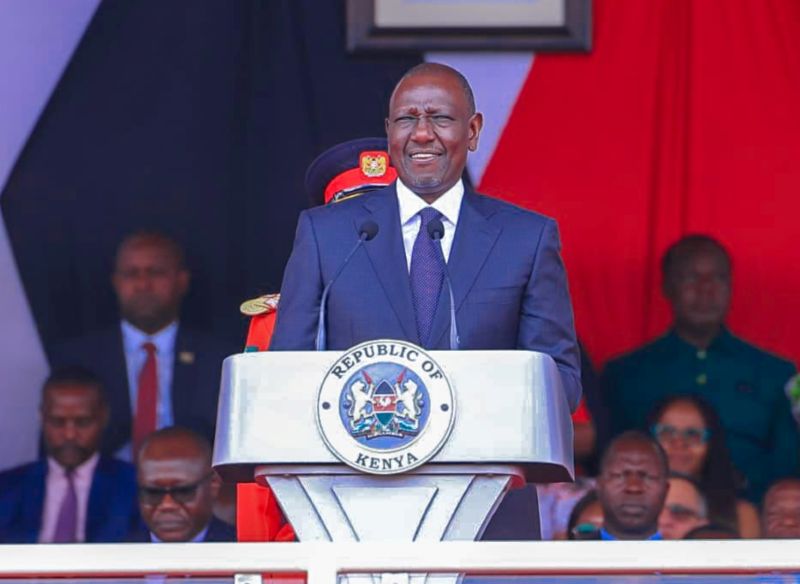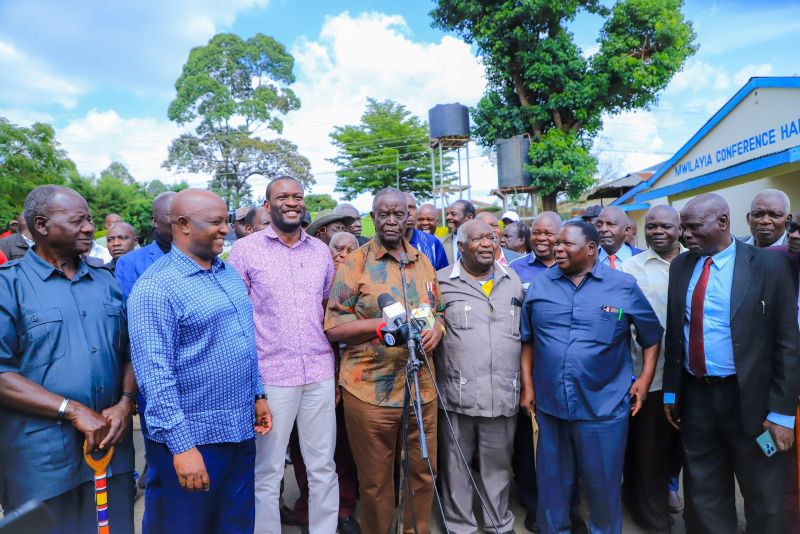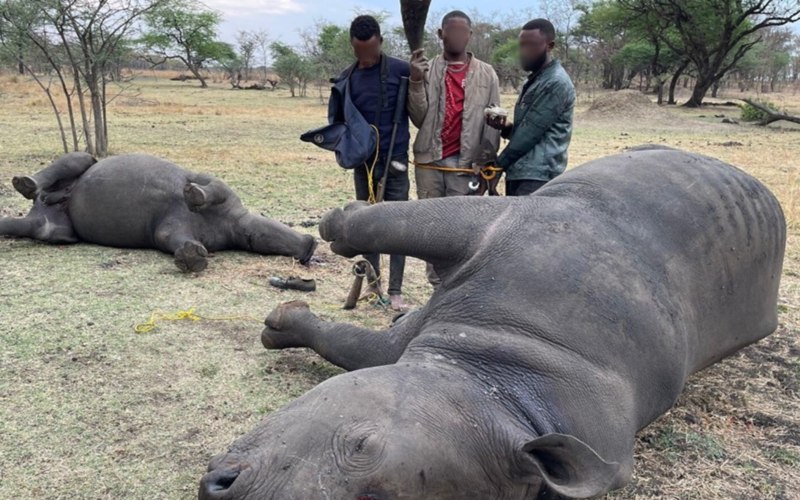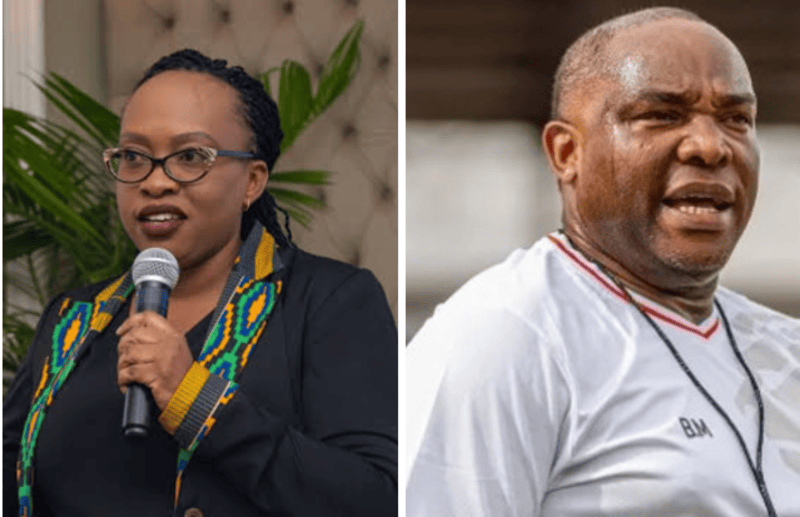Kware killings: Mukuru grassroots rights lobby faults Kenyan media, Church
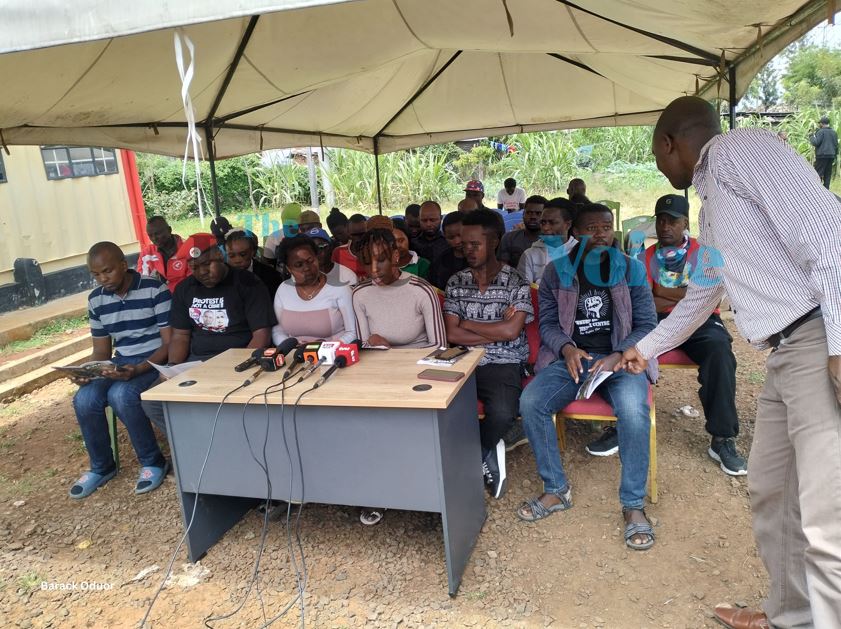
The lobby group said the Church could have been at the forefront of offering counselling services or other psychosocial support but this did not happen.
A local grassroots human rights body working with communities living in the informal settlements in Mukuru kwa Njenga in Nairobi and other slums across the country has faulted the media for non-factual reporting in the August discovery of dismembered bodies at Kware in Embakasi.
Mukuru Community Justice Center disagreed with how the media was reporting the discovery of the bodies and the police investigations. Their coordinator Anami Daudi says the press failed to ask investigating authorities and other government agencies questions that could have led to Kenyans knowing what could have been behind the killings.
More To Read
- Officials warn of child safety risks near Ngong River in Mukuru
- DCI offers Sh1 million reward for capture of prime suspect in Kware killings Collins Jumaisi
- Githunguri MP Gathoni Wamuchomba protests suspension, backs femicide victims
- Mukuru Community Justice Centre: Fighting injustice, police abuse to empower Kenya’s vulnerable
- High Court halts Wiper Party asset auction over Sh698,000 debt
- Ruto proposes law to allow housing levy contributors access Sh5 million loans
"In the Kware bodies incident, Kenyan media performed dismally because they failed to put to task the government on how the main suspect in the killings escaped and the events that led to the discovery of the bodies," said Anami.
In the organisation's newly launched report, the grassroots human rights lobby in Nairobi that first discovered the dumped human body parts in Kware has asked for psychosocial support for a section of youths who volunteered to retrieve the bodies.
In July this year, several dismembered body parts were discovered stuffed inside sacks and dumped at the Kware dumpsite in Mukuru Kwa Njenga.
After several months of police investigations, arrests and the escape of the main suspect in the case, Mukuru Community Justice Center has released a detailed report about their findings titled "Kware: The Aftermath; Mukuru's Darkest Hour."
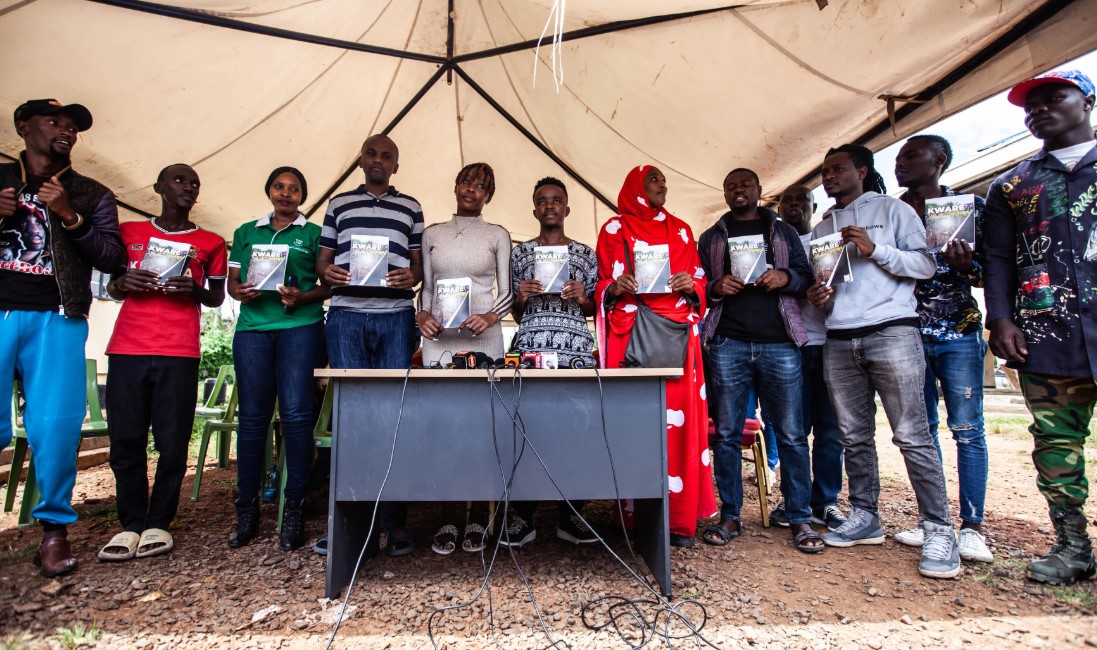 Members of the Mukuru Community Justice Centre during the launch of their report on the Kware Killings. (Photo: Barack Oduor)
Members of the Mukuru Community Justice Centre during the launch of their report on the Kware Killings. (Photo: Barack Oduor)
Disinformation
The report notes that "mainstream media was a major fail, as usual. The number of times that they reported disinformation in regard to the Kware bodies did not go unnoticed by the community and grassroots activists," notes the report.
In their recommendation, the lobby is asking that there is a need for some form of humanitarian media practices. "This would mean that media houses shelve any covert economic and political interests and focus on being helpful if at all being human in their reporting is too much to ask. The alternative to mainstream media is strengthening citizen journalism initiatives and projects."
The group also faulted the church in the area for their silence on the discovery of the bodies. It notes that Mukuru Slum, like any other informal settlement, is mushrooming with churches.
There are more churches than schools and hospitals combined in Mukuru. "As a major stakeholder in a community such as the Mukuru slum, the silence of the church was deafening. The church could have been at the forefront of offering counselling services or other psychosocial support but this did not happen."
The report concludes that as a way forward, they recommend the introduction of liberation theology in the community as this will bring the community an alternative way of experiencing spirituality in the community and foster a culture of life over profit.
Top Stories Today

